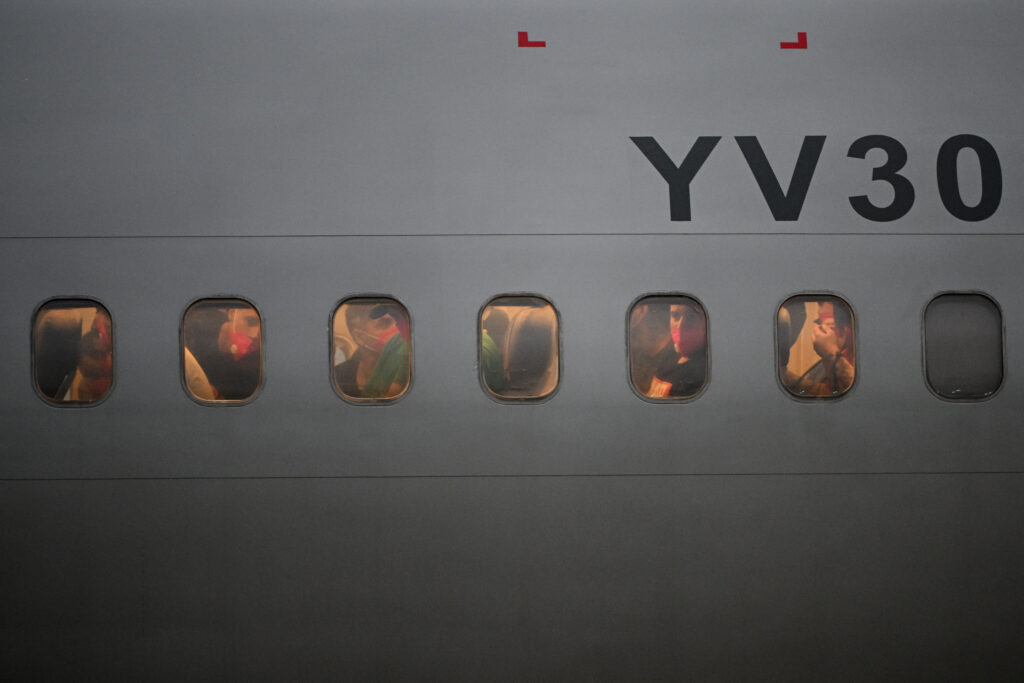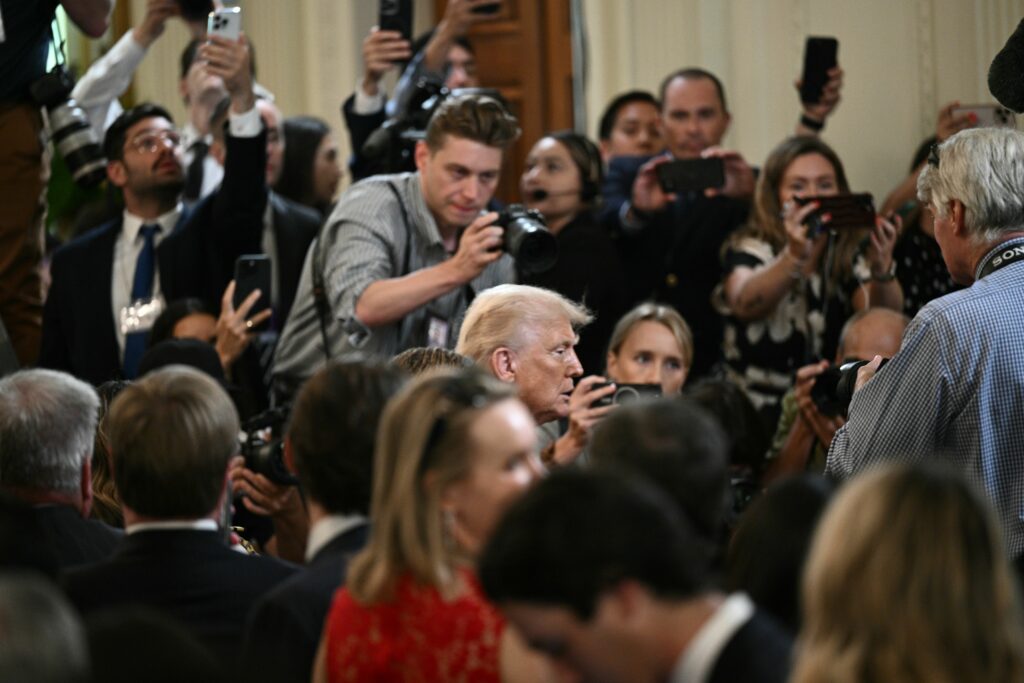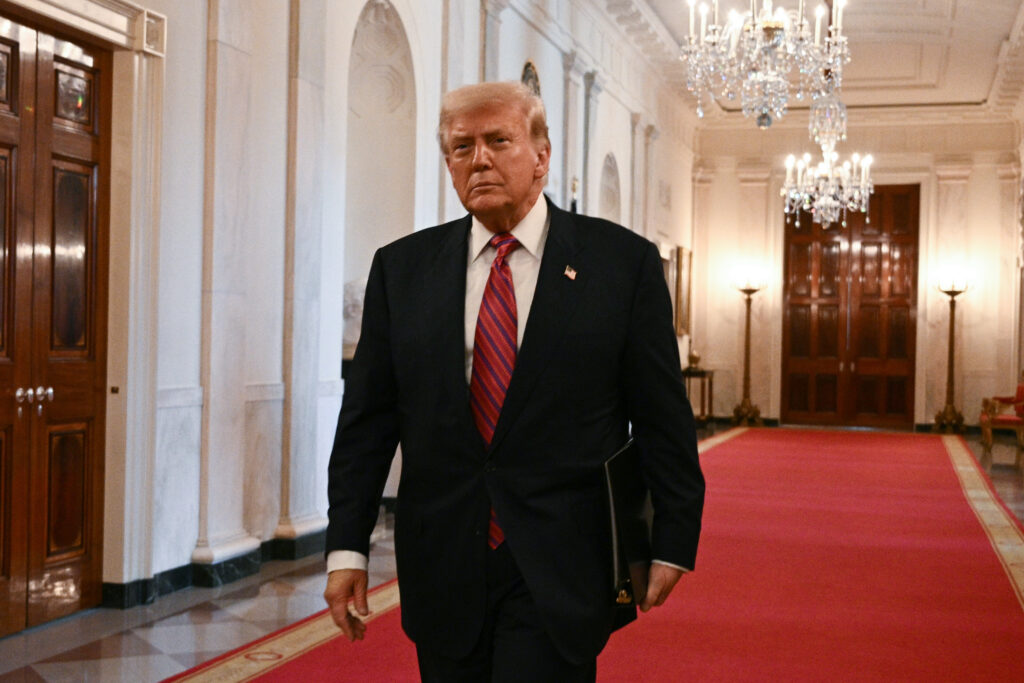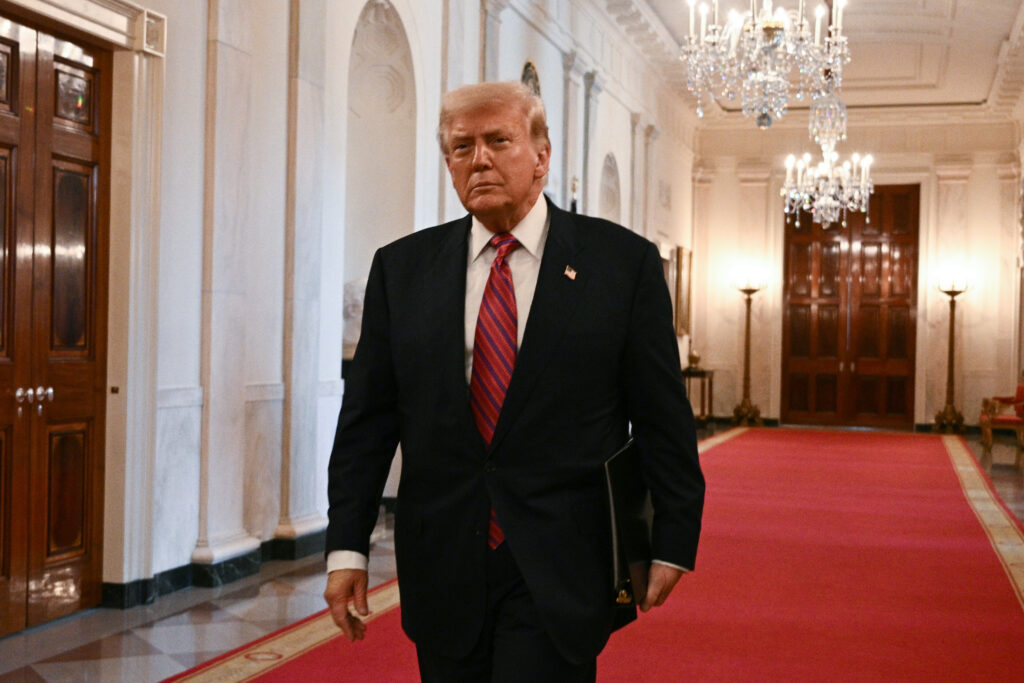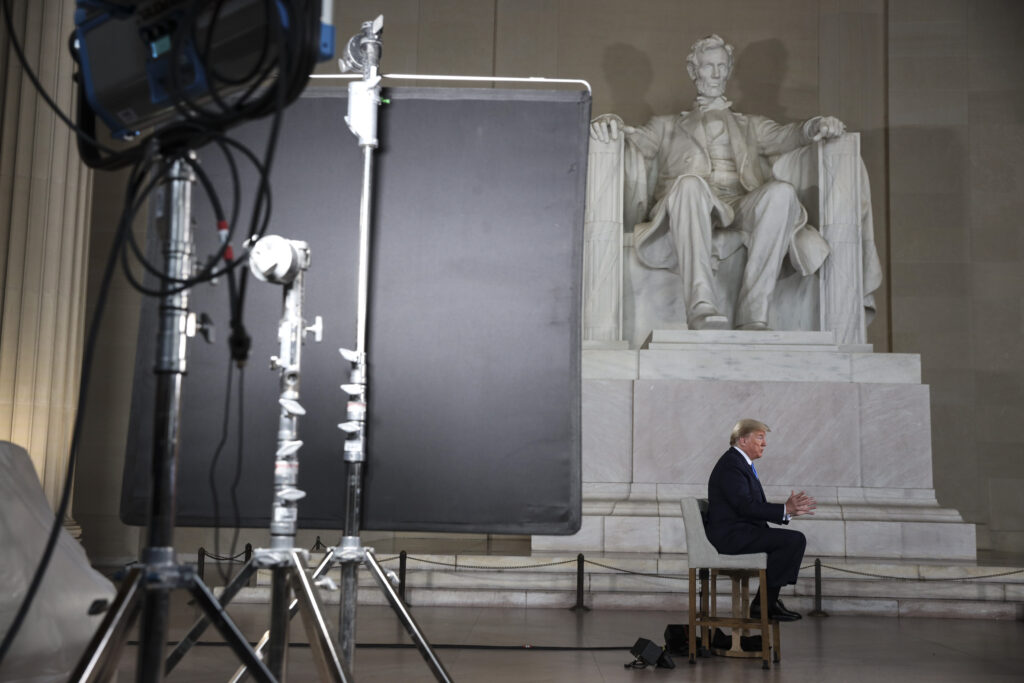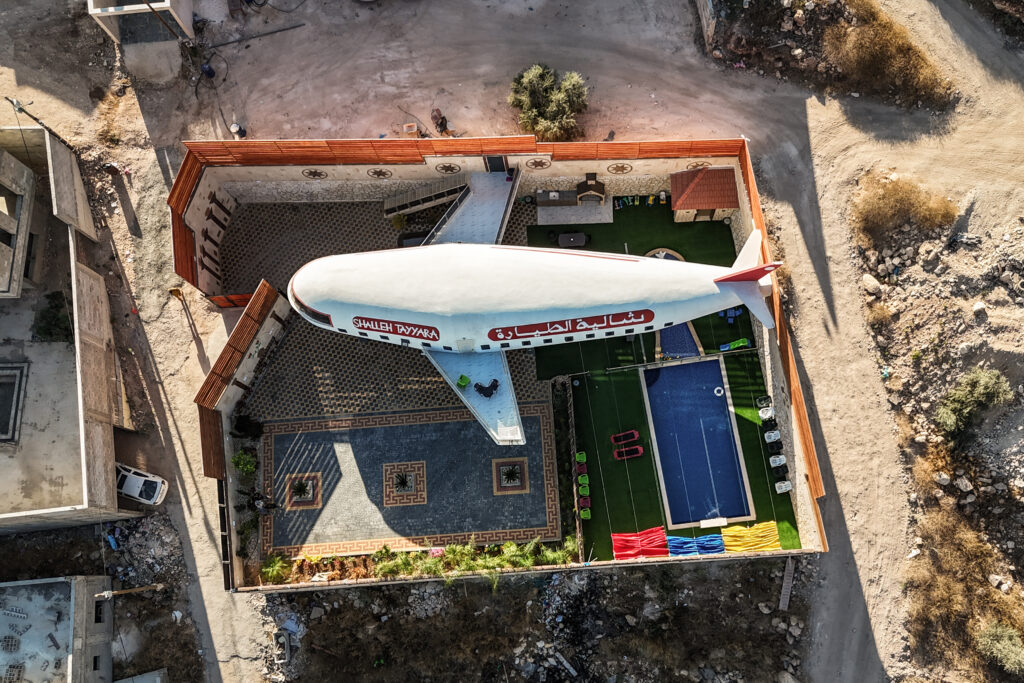Euro-2025: contre l’Allemagne, les Bleues défient leur bête noire et le plafond des quarts
Les Bleues de Laurent Bonadei, impressionnantes depuis le début de l’Euro, affrontent samedi (21h) en quarts de finale l’Allemagne octuple championne d’Europe, qu’elles n’ont jamais battue en compétition majeure, pour enfin se hisser dans le dernier carré après le double échec du Mondial-2023 et des JO de Paris.Le plus dur commence maintenant pour l’équipe de France, qui récupère au meilleur moment sa capitaine Griege Mbock, remise d’une blessure. Son objectif d’un premier sacre européen passe par l’obstacle allemand, qu’elle n’avait pas su franchir en 2022 lors du précédent Euro en Angleterre, éliminée en demi-finale par… l’Allemagne (2-1) d’Alexandra Popp désormais à la retraite.Les Françaises ont perdu leurs cinq duels en compétition majeure (Euro, Coupe du monde et JO) contre l’Allemagne mais ont remporté la dernière confrontation en Ligue des nations, en 2024.”J’y crois non seulement parce que je sens que l’état d’esprit est là, qu’il y a le niveau de performance et j’y crois parce qu’on est sur onze victoires consécutives et qu’on a fait trois bons résultats dans cette phase de poules”, a affirmé mercredi à l’AFP le sélectionneur Laurent Bonadei, qui a fait le choix de s’appuyer sur la jeunesse en n’appelant pas les joueuses emblématiques Wendie Renard (34 ans), Eugénie Le Sommer (36 ans) et Kenza Dali (33 ans).”Maintenant je sais qu’on va être face à une grosse équipe d’Allemagne, ça sera un match difficile, sachant qu’on est encore une équipe jeune en évolution et c’est aussi dans ce genre d’épreuve qu’on va voir si on a la capacité d’élever notre niveau et d’ambitionner plus qu’un quart de finale”, a-t-il insisté.- “Pas de complexe d’infériorité” -Les Bleues n’ont “pas du tout de complexe d’infériorité”, a assuré l’ailière Delphine Cascarino, double buteuse et passeuse décisive en poules, “c’est à nous de créer notre histoire, on va tout faire pour renverser la tendance”.Même ton du côté de la défenseuse Maëlle Lakrar, touchée à une cuisse depuis le succès inaugural contre l’Angleterre (2-1): “Ce sont de très bonnes joueuses avec des qualités différentes, ce ne sera pas un match facile. Moi, je suis défenseuse, je n’ai peur de personne, je regarde personne”, a-t-elle affirmé, et “si je dois défendre sur Klara Bühl ou n’importe qui, je le ferai”.En défense justement, la capitaine Griedge Mbock, jusque-là gênée par une blessure au mollet, devrait être alignée pour la première fois depuis le début du tournoi. Elle sera accompagnée de Maëlle Lakrar, également de retour, ou de la jeune Alice Sombath, solide lors des trois premiers matches. Touchée à une cuisse contre les Pays-Bas, la gardienne Pauline Peyraud-Magnin sera suffisamment remise, mais il y a plus de réserve concernant la milieu Sandie Toletti, gênée par des douleurs aux tendons d’Achille. Vendredi matin, l’ensemble du groupe des 23 joueuses s’est entrainé à Heiden au centre d’entrainement des Bleues, qui partiront vers 16H00 à Bâle où se disputera le quart de finale.- Sans Wamser -En face, l’Allemagne doit elle digérer le cinglant revers 4-1 face à la Suède lors de son dernier match de poules, ainsi que la restructuration de sa défense. Les finalistes de 2022, déjà orphelines de leur capitaine Giulia Gwinn blessée lors du premier match face à la Pologne, devront aussi se passer de sa remplaçante Carlotta Wamser, exclue pour une main volontaire dans la surface contre la Suède. Mais elles pourront néanmoins compter sur une attaque aussi virevoltante sur les ailes – avec Klara Bühl à gauche et la néo-Lyonnaise Jule Brand à droite – que clinique en pointe, grâce à leur redoutable buteuse Lea Schüller (54 réalisations en 78 sélections).Les Allemandes, qui ont semblé accuser le coup en infériorité numérique contre les “Blagult” suédoises, ont aussi montré leurs ressources mentales en renversant en poules le Danemark qui avait ouvert le score (2-1). Un “esprit de combat” alors loué par leur sélectionneur Christian Wück.”Nous savons que nous sommes une équipe forte, même si nous avons subi une lourde défaite” contre la Suède, avait promis avant les quarts la défenseuse Janina Minge, qui a hérité du brassard après le forfait de Gwinn.


